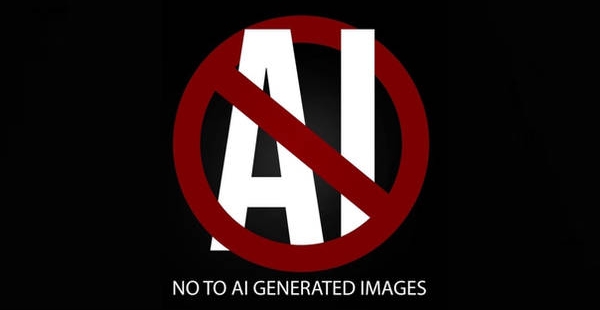Sdtrk: ‘We are the ones’ by ADULT.
Sometimes when I’m out and about, and the rare confluence of Having A Bit Of Free Time and Being Actually Inspired To Write happen to align, I’ll whip out my trusty Treo 700p smartphone, and merrily type away until the doctor, pope, or yakuza boss calls me in to see them. Unfortunately, some places happen to be a wee bit draconian about having cellphones in use on their property — Shitty Former Workplace, I’m looking squarely in your direction — so in those cases I’m forced to fall back on traditional analogue methods. Apart from constantly scribblin’ out parts where I have to edit, insert, or delete words, phrases, or sections, as well as my handwriting having devolved into absolute shit through lack of consistent use, pen and paper writing isn’t too bad, all told. It makes me feel like I’m doing something.
In writing this post, one whose own origins started out as a series of frantic black marks on a legal pad, my thoughts turned to genuine writers; specificially, ones who began their craft before the tail end of the 20th century. People like Ballard, Burgess, Burroughs — even authors whose names don’t start with the letter B — would often leave paper trails for their works, in the form of old drafts, character sketches, timelines, and the like. I recall reading an article on the website for The Guardian, about a bloke who was given the extremely rare opportunity to pick through the sum total of Stanley Kubrick’s written ephemera. My friend Zip Gun used to make yearly pilgrimages to the Lilly Library in Indiana, which houses undoubtedly the largest collection of Orson Welles materials in the world, as he was in the process of writing a book concerning a selection of Welles’ works. Now, that’s all well and good — keep in mind that Kubrick and Welles aren’t even writers per se, but directors — but one has to consider that not everyone who writes will have a dedicated archive to house their earlier drafts. It’d be fab if that were the case, with the exception of that Stephenie Meyer hack, of course, but would the planet have enough room? The solution is simple: turn the Moon into a library. Might as well get started now! *rolls up sleeves*
What I’m getting at, or at least, getting round to getting at, is what will become of all the first drafts for those of us who write primarily using a computer? Having the opportunity to read earlier versions of published works allow us to see their evolution, whther it’s interesting, or awkward, or both. The second revision of ‘Jonathan Livingston Seagull’ ended with a pitched, eight-page gun battle, for instance, whilst the initial draft of Camus’ ‘L’Étranger’ boldly dispensed with any and all consonants. I don’t know of many individuals that habitually save the earlier revisions of what they’ve typed for weeks, let alone months, after their final drafts are struck. Maybe I just have a slash-and-burn approach to it all, but I regularly delete my accumulated post revisions whenever I’m hashing out a post on ‘Shouting etc etc’; the WordPress platform has a specific plugin for that (thanks Delete-Revision!), so your drafts don’t bog down your server. And that sheet of legal pad paper where this post first came into existence? Currently wadded up and residing in my kitchen rubbish bin.
Christ knows I’m the last person to knock technological advancements, but one has to consider what will become of a writer’s printed legacy in the digital age? And not to sound too NPR about it, the idea of the vanishing drafts may seem insignificant at first, but do we, as a culture, lose something because of it? It’s something to think about.
If any writer-types want to get their .02 pfennig in about this — Monti, Joe, and veach, obviously I’m looking squarely in your directions, but my invitation extends to everyone — you’re more than welcome to add your thoughts on the matter













